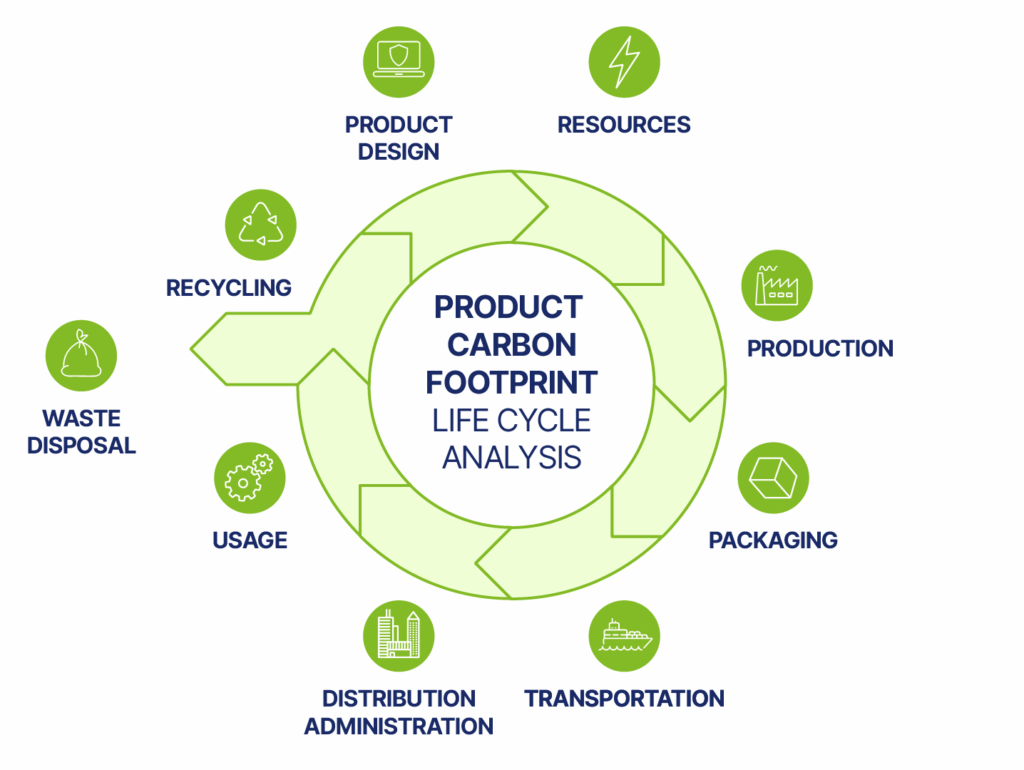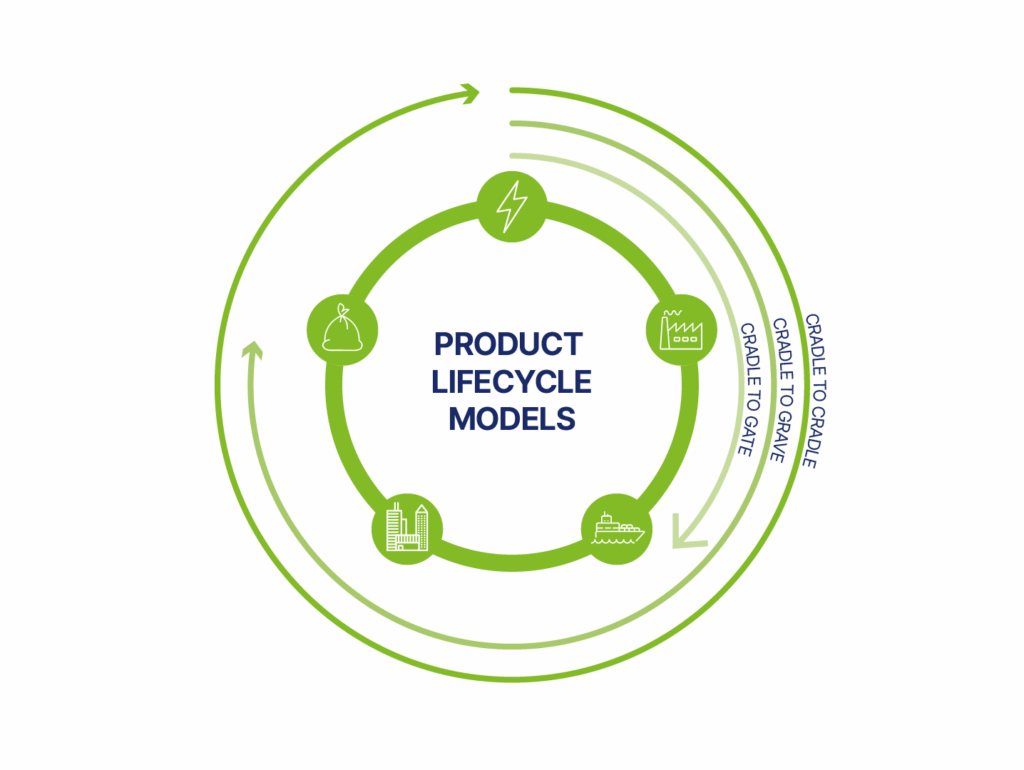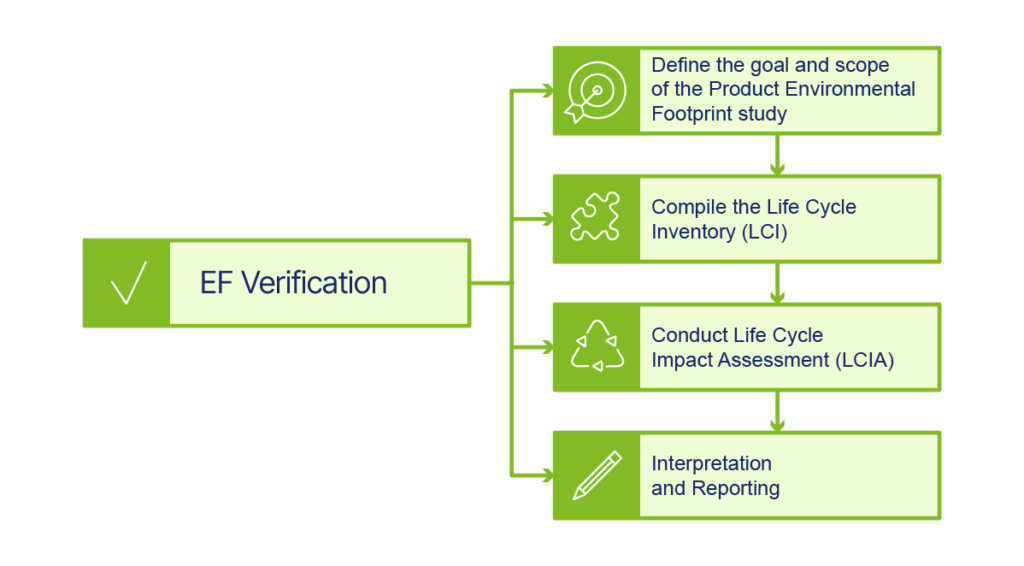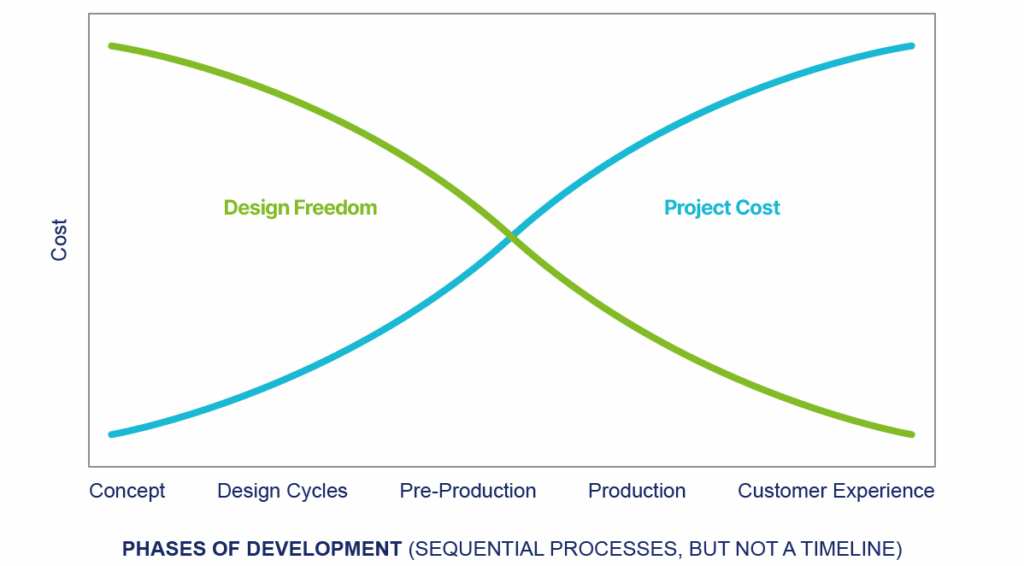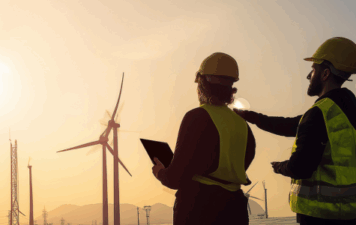Fig. 2: Inverse relationship between Design Freedom and Project Costs on a Product Development (Maturity) scale
Making the “right” decision also means involving all stakeholders. Often, environmental impact data are expressed in units and metrics that may appear obscure to managers and stakeholders not involved in the calculation process. This is why life cycle thinking is paramount. Only when we consider the environmental impacts across the entire life cycle of a product from its inception, can we ensure that the right trade-offs are made to minimise negative impacts and maximise positive ones.
After a day and a half of very interesting presentations, the message is clear: the space sector is taking sustainability and ecodesign seriously. There are still challenges ahead, and a lot of work to be done to harmonise a complex, multi-national value chain, but the commitment is real.
How Airbus Protect can help the space sector to become more sustainable and resilient
With its aerospace heritage, Airbus Protect has extensive knowledge of the challenges and opportunities in the space sector and can help you navigate the technical and regulatory fields. With over 1700+ experts and offices in Germany, France, Spain, Great Britain, and Belgium, Airbus Protect has been supporting the sustainability, safety and resilience of the space industry for years. Check out our sustainability portfolio here.
Ecodesign and Life Cycle Assessment: At Airbus Protect, we help organisations transform environmental ambition into tangible design and operational practices. By combining proven eco-design methods with deep expertise in LCA, we support clients in assessing their environmental footprint and identifying opportunities to reduce it – without compromising performance. Our teams work closely with clients to anticipate the environmental impact of projects from the start, develop more circular approaches, and ensure critical resources are used wisely. We embed sustainability into every phase of the lifecycle, building long-term value and resilience.
Sustainability consulting: Our experts bring a deep understanding of sustainability strategy, corporate governance, and sector-specific certification pathways (e.g. DOA/POA in aerospace). We don’t just guide compliance; we co-develop roadmaps for responsible innovation, efficient processes, and robust risk oversight. We support clients across all phases of the transformation journey from regulation monitoring and impact assessments to the deployment of robust sustainability management systems.
Substances and materials: Growing environmental concerns and raw materials scarcity are translating into more stringent, constantly evolving standards and regulations on substances and materials. This is making sustainability compliance increasingly complex – particularly for global businesses. We monitor various environmental regulations at the substance level, such as the EU REACH, RoHS Directive, the EU Battery Regulation, and the EU Critical Raw Materials Act among others, and we provide a concise strategy to comply with them. We are a trusted partner for any industrial player looking to boost its business resilience while enhancing sustainability compliance.
Future industry processes and technologies: At Airbus Protect, we help industrial pioneers safely bring innovation to life. Our multidisciplinary teams guide technology development projects from Research & Technologies to Industrialisation, ensuring that emerging solutions are ready for real-world integration into tomorrow’s programmes.
With expertise on assembly technologies, electrification, and process safety, we support companies in building future-proof operations. We don’t just prepare for change – we shape it, ensuring that innovation meets regulatory, societal, and safety expectations.
Training support: In today’s complex, volatile and fast-moving business landscape, continuous training and development is crucial to ensuring your teams are working effectively and complying with relevant regulation. Our safety and security training programmes are designed to help you do exactly that. Combining cutting-edge expertise with state-of-the-art content and teaching techniques, we deliver a unique learning experience that will transform your employees. Check our Training Catalogue here.
Our expertise goes beyond sustainability. Airbus Protect also offers holistic solutions also in the field of Safety and Cybersecurity. With more than 30 years of experience in risk and safety management and a strong innovation DNA, we’re trusted by the major aerospace actors to secure the future of transportation. Check out our safety portfolio here.
Whether you’re developing next-gen satellite or telecommunication system, we bring:
- Safety: We anticipate and mitigate risk, enhancing product and operational safety across domains.
- Performance: We contribute to the development, testing and optimisation of critical systems to support operational excellence.
- Compliance: We ensure your products are aligned with certification requirements, current regulations and emerging standards.
We don’t just follow safety norms – we help shape them. By collaborating closely with regulators and authorities, we support the definition of new safety policies and are recognised by standardisation bodies such as AFNOR.
At Airbus Protect, we have a long heritage of providing industry-leading cybersecurity solutions and consulting services to a wide range of industries. These include aerospace and aviation, defence, transportation, manufacturing, energy, critical infrastructure, governments, and institutions (https://www.protect.airbus.com/cybersecurity/)
We’re proud of our Airbus DNA, which enables us to help you:
- Create a forward-looking cybersecurity strategy and governance
- Manage all manner of cyber risks
- Ensure regulatory compliance
- Keep your security measures up to date
- Improve operational efficiency and reduce downtime
References
[1] International Organisation for Standardisation. (2020) Environmental management systems — Guidelines for incorporating ecodesign (ISO Standard 14006:2020). https://www.iso.org/standard/72644.html
[2] Conte R., Barbieri A., Treviso A., Ambrogio G. (2025) A framework for LCA analysis of low TRL products: towards a sustainable approach in early development stages. Procedia Computer Science, Volume 253 (3151-3159).
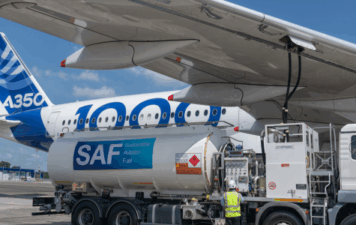 Sustainability
Sustainability 


